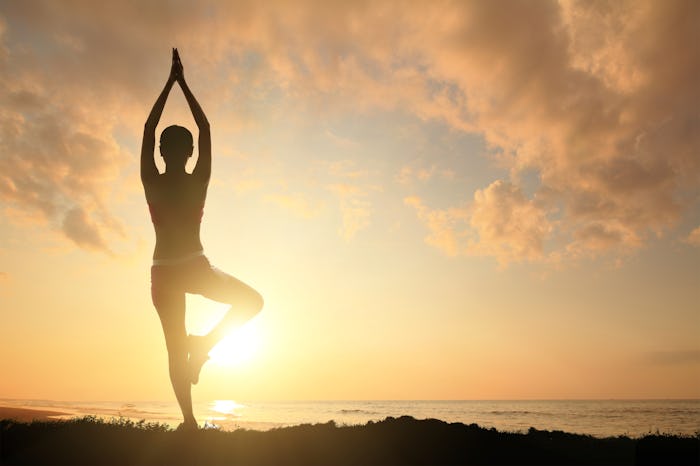Life
The Best Time Of Day To Work Out, According To Science
Fitness enthusiasts can get a bit dogmatic when it comes to workout routines. The early birds are intense. I have one friend who gets up at 4:45 a.m. almost every day to swim a mile before going to work. But I also know people who swear their post-work workout sessions are better, because they’re not under any time pressure to finish up quickly. And then there’s the few who squeeze in a noontime run in the office gym. So who’s right? What is the best time of day to work out according to science, or does it even matter when you get your sweat on?
Your body clock, internal temperature, and even hormone level variations may play a huge part in the time of day that’s best for your workouts. Knowing the many ways your body reacts to exercise at different points in the day is a good thing to keep in mind when planning your workouts. And fortunately, there’s never a wrong time of day to work out, just certain times that are more optimized for activity. Whether you like to welcome the sunrise during your morning bike ride or rock a headlamp for those late-night runs, the important thing is that you’re working out some time.
Morning Benefits
If you exercise to reduce stress and sleep better, then your best bet would be the morning workouts. As reported by Medical Daily, a study found that "participants who exercised at 7 a.m. experienced an overall 10 percent reduction in blood pressure and a 25 percent drop in blood pressure at night," and got a better night's sleep than their peers who worked out at a later time. Also, you don't have to deal with the threat of other obligations ruining your workout plans. As Shape noted, "morning exercisers are more likely to stick with their routines and reach their goals." Your workouts can't get derailed as easily if they take place when most people are still waking up.
Afternoon Advantages
Plenty of your biological functions are best primed for workouts in the afternoon. For instance, body temperature tends to peak in the late afternoon, which is "believed to have a passive warm-up effect improving muscle contractility, and in turn, muscle force, power and performance," as a study in the Journal of Medicine & Science in Sports found. Your lungs are also "working at maximum efficiency" in the late afternoon, as noted in Express. Furthermore, your "body produces more testosterone during late afternoon resistance training than it does during morning workouts," as explained in Greatist, and this is the hormone that facilitates muscle growth. Basically, most of your body's systems are most receptive to a workout during the afternoon hours.
Regardless of when you log in that cardio, the important thing is that you're moving around for a little bit of time every day.
